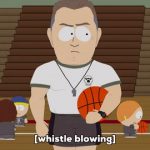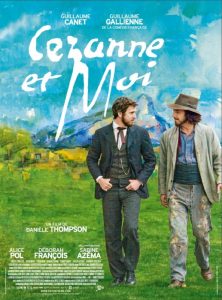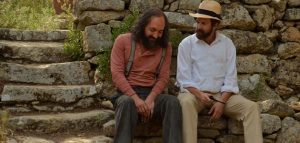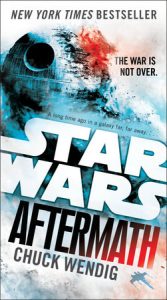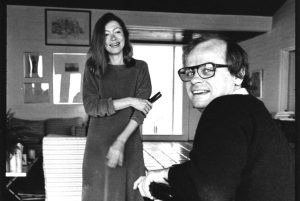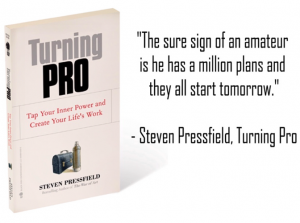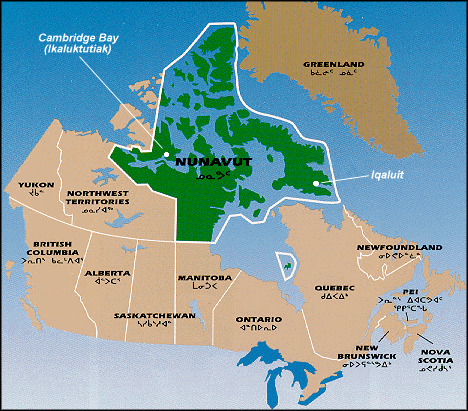
True North. Call myself a *Canadian*? Never been there, but my three sons have. Plus, I know J. (Quiz: could you find Ottawa on this map?)
[6-minute read]
This wasn’t the plan, not at all, but I want to write about J. today. We hadn’t seen him in a while, and I’ve been wondering how he is. Worrying, too, and running little high-stress scenarios through my mind, where we hear gut-punching news or I find him in fearsome or depressing circumstances. Such polite words: I keep waiting to hear he’s dead, incarcerated, strung out, beaten, vacant in the eyes. J. doesn’t have it easy, and he’s an awful long way from home.
We first met when I was doing some fiddly chore in my front yard, the chaos of my garage open to public view. I can’t remember whether his first request was to do some work for a little money; it might’ve been, he’s done that, but that day it was likely a request for a bit of cash to get himself fed. He looked to be in his early 20s, with a mess of long black hair and well-worn sweats. It was unusual to be approached from the street like that, but his manner was gentle, his voice soft and dignified, and his eyes were steady and calm. I gave him some money to go a few blocks over to Lorenzo’s, a pizza place he favoured.
I guessed, correctly, that he was from Nunavut, one of Canada’s northern territories that, as of 1999, has been self-governed according mainly to traditional Inuit ideas of community. (There are no political parties, for example, and therefore no official “opposition” to an elected government.) There’s a direct flight to my city, Ottawa, from the capital of Nunavut, so there’s a small but significant Inuit presence here. We talked. His deliberate but obviously educated speech belied his scruffy appearance, and I was intrigued. Over the succeeding weeks and months, we talked several times. J. was both open about his situation – no family here, mental health struggles, admitted though relatively benign addictions, dependence on panhandling – and mysterious. He’s a complicated fella.
I was never sure whether to buy certain elements of his story. He spoke of having been a scholarship student in engineering at an Ottawa university, but details were either fuzzy or set off my nonsense detectors. Part of that wasn’t J.’s fault, really, because though I was curious and interested about his life, I didn’t want to pry too much. I also didn’t want to be in his face about facts; the kid probably wasn’t in need of an Inquisitor. So, he’d bag a few leaves for food money, while I wondered how he could afford to live in my middle-class neighbourhood and yet often be short of food. (He wasn’t a superb yard-worker.) After a time, I started to talk to him more frankly.

